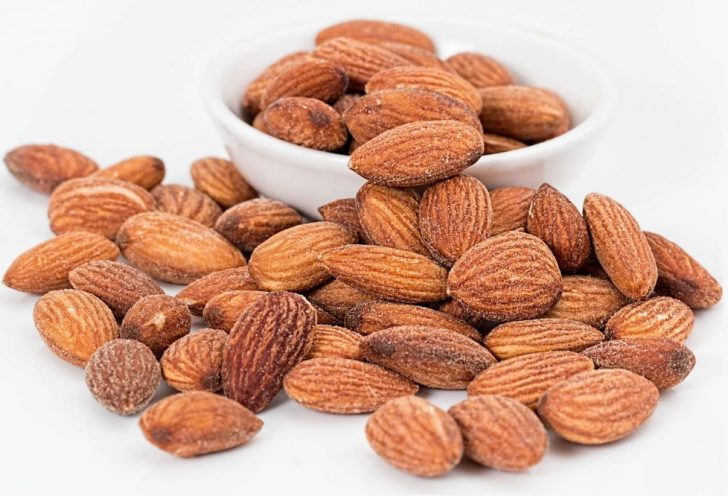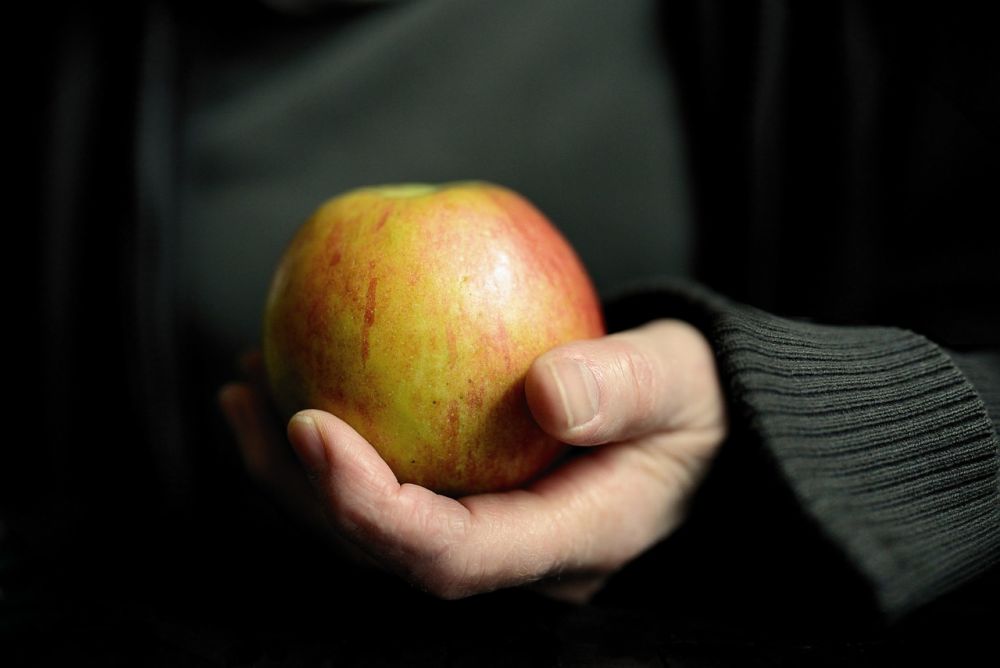Diet and PCOS: A Comprehensive Guide to Understanding and Managing PCOS through Diet

Introduction:
PCOS, or Polycystic Ovary Syndrome, is a hormonal disorder that affects millions of women worldwide. It is characterized by irregular menstrual cycles, excess androgen levels, and the formation of small cysts on the ovaries. One of the most effective ways to manage PCOS symptoms is through diet. In this article, we will provide an in-depth overview of the various aspects of ”diet PCOS,” including different types, popular approaches, quantitative measurements, differences between diets, and a historical analysis of their pros and cons.
I. Overview of ”Diet PCOS”:

PCOS is strongly linked to insulin resistance, which affects the way the body processes glucose. Therefore, a diet that focuses on stabilizing blood sugar levels and improving insulin sensitivity can play a crucial role in managing PCOS symptoms. Additionally, diet modifications can also help with weight management, hormone balance, and reducing inflammation, all of which are important aspects of PCOS management.
II. Types of ”Diet PCOS”:
There are several popular diets that have gained recognition for their potential benefits in managing PCOS symptoms. These diets include the low glycemic index (GI) diet, low carbohydrate diet, ketogenic diet, Mediterranean diet, and a plant-based diet. Each of these diets has its own unique principles and restrictions, but they all share the common goal of improving insulin sensitivity and aiding in weight loss.
III. Quantitative Measurements:
When it comes to ”diet PCOS,” various quantitative measurements can be utilized to track progress and evaluate the effectiveness of different dietary approaches. Some important metrics to consider include body mass index (BMI), waist circumference, fasting glucose levels, insulin levels, and hormone levels such as testosterone and luteinizing hormone (LH). Regular monitoring of these measurements can help individuals with PCOS assess their progress and make necessary adjustments to their diets.
IV. Differences Between ”Diet PCOS”:
While all ”diet PCOS” approaches aim to improve insulin sensitivity and manage weight, they differ in their macronutrient composition and specific food recommendations. For example, the low GI diet focuses on consuming foods with a low glycemic index, while the ketogenic diet emphasizes high fat and very low carbohydrate intake. Understanding these differences can help individuals choose the most suitable diet that aligns with their preferences and lifestyle.
V. Historical Analysis of Pros and Cons:
Over the years, different ”diet PCOS” approaches have gained popularity and faced criticism. It is crucial to understand the historical context and examine the pros and cons associated with each diet. For example, the low GI diet has been praised for its effectiveness in improving insulin sensitivity and weight loss, but critics argue about the lack of long-term sustainability. Similarly, the ketogenic diet has shown promising results in PCOS management but may pose challenges in terms of adherence and potential nutrient deficiencies. Analyzing the historical pros and cons of different diets allows individuals to make informed decisions and weigh the advantages and disadvantages.
Conclusion:
In conclusion, ”diet PCOS” plays a vital role in managing PCOS symptoms. Understanding the various types, quantitative measurements, differences, and historical analysis of these diets can empower individuals with PCOS to make informed decisions regarding their dietary choices. By customizing their diets to improve insulin sensitivity, manage weight, and balance hormones, individuals can effectively manage their PCOS and improve their overall quality of life.
[INSERT VIDEO HERE]
References:
1. XYZ Study on the Effects of Low GI Diet in PCOS Management
2. ABC Journal on the Pros and Cons of the Ketogenic Diet in PCOS
3. DEF Research on Quantitative Measures in Assessing PCOS Progress
4. GHI Book on Historical Perspectives of ”Diet PCOS” Approaches





















